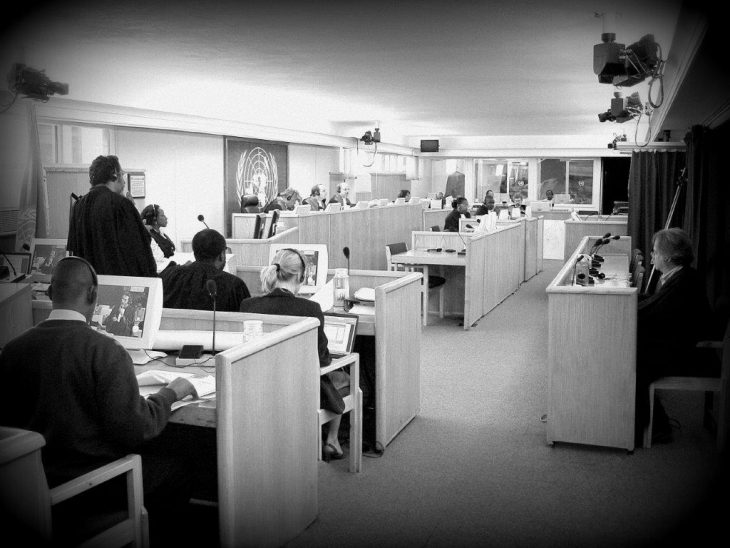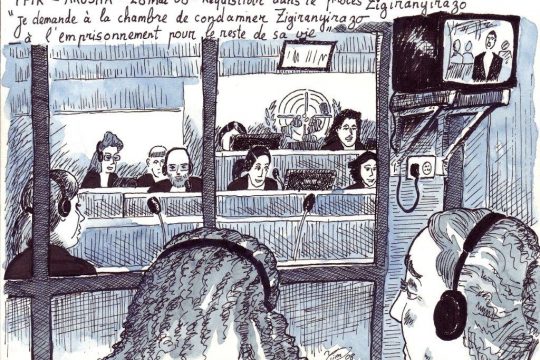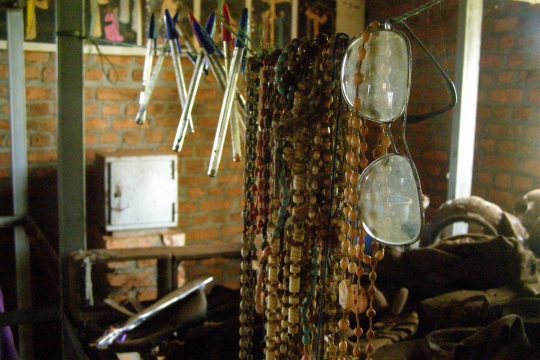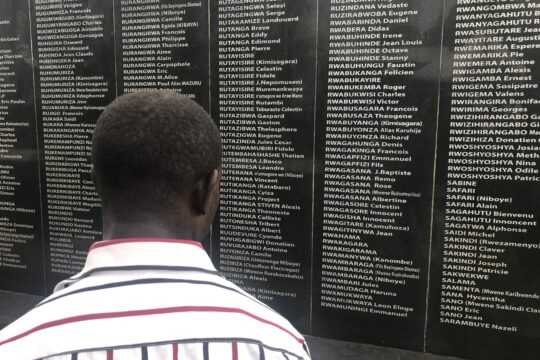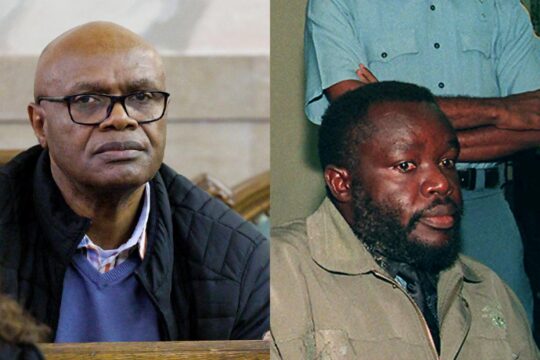The International Criminal Tribunal for Rwanda (ICTR) on Monday handed down its last judgment, reducing on appeal the sentences of six genocide convicts. They include ex-Minister of Family Affairs Pauline Nyiramasuhuko, the only woman tried by the court.
The six were tried for genocide and crimes against humanity committed in 1994 in their native prefecture of Butare, southern Rwanda.
In essence, the ICTR Appeals Chamber headed by Italian judge Fausto Pocar said the sentence reduction was for “prejudice” to the six because their right to trial within a reasonable time had been violated.
The trial started in June 2001, but the Trial Chamber’s judgment was not handed down until June 2011 at a time when some of the accused had spent more than 10 years in preventive detention.
This trial is considered the longest and most costly in the history of international criminal justice.
Former minister Pauline Nyiramasuhuko’s sentence was cut from life to 47 years in jail, although her convictions were upheld for conspiracy to commit genocide, genocide, extermination and incitement to rape. The sentences of her son Arsène Shalom Ntahobali and former mayor of Muganza Elie Ndayambaje were also cut from life to 47 years.
Two to be “immediately released”
Former Butare prefect Alphonse Nteziryayo got his sentence cut from 30 to 25 years. Another former prefect of Butare Sylvain Nsabimana and ex-mayor of Ngoma Joseph Kanyabashi are to go free after their sentences were cut to 18 and 20 years respectively (from 25 years and 35 years), since this is exactly the time they have spent in preventive detention.
The Appeals judges essentially confirmed the guilty verdicts of the Trial Chamber, except in the case of Kanyabashi. Arsène Shalom Ntahobali, born in 1970 and the youngest convict of the ICTR, remains convicted for genocide, extermination and rape, crimes the judges found he encouraged, ordered or committed personally between April and June 1994 in Butare. As for Kanyabashi, the judges threw out his convictions for genocide and extermination, upholding only his criminal responsibility for inciting genocide through a megaphone in May and June 1994 in his commune.
The court ordered the immediate release of Nsabimana and Kanyabashi. The other four are to remain in ICTR custody pending transfer to the country or countries where they will serve their sentences.
Kanyabashi and Nsabimana greeted the judgment with smiles, embracing members of their families who had come to hear the decision. Nyiramasuhuko and the three others remained stony-faced.
This judgment marks the effective closure of the ICTR, set up by the UN Security Council at the end of 1994 to try those “most responsible” for the Rwandan genocide.



